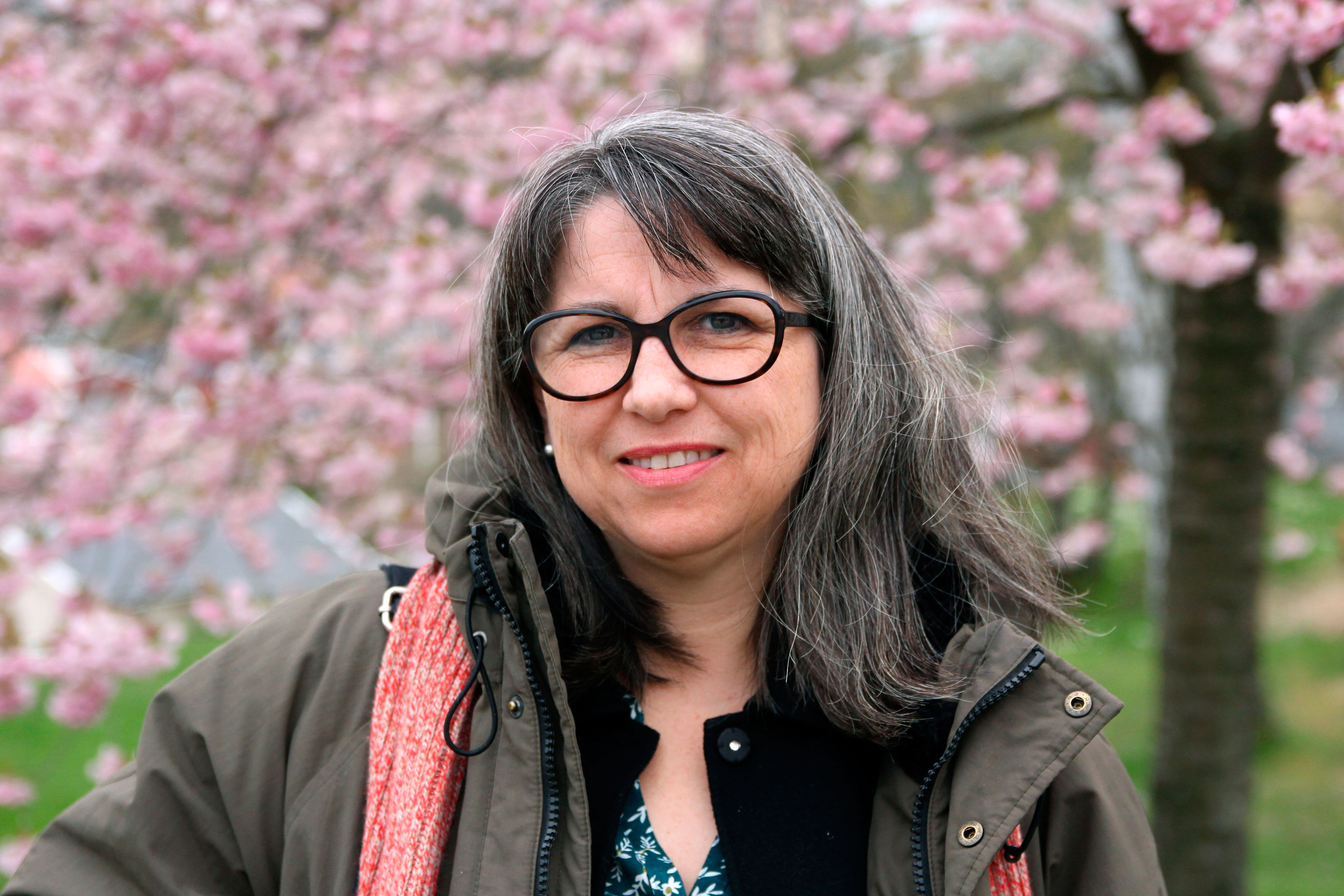INGRID MARTINS HOLMBERG

Ingrid Martins Holmberg is Associate professor in Integrated conservation of built environments at the Department of Conservation, University of Gothenburg. She has extensive experience from teaching and supervision on all levels within her field, and is currently main supervisor of three PhD:s. Her holds commissions such as Member of Board, Swedish Collegium for Advanced Study, SCAS, Uppsala University, and is also engaged in several collaborative projects in the urban conservation field of practice.
She is research coordinator of Curating the City at the Centre for Critical Heritage Studies, UG, and works in collaboration with colleagues at the Faculty of Applied and Performing Arts and University College London. The Curating the City research cluster has a trans-disciplinary approach to heritage. Since ‘heritage’ is at the core of contemporary urban dynamics and urban conflicts, it confronts scholars and policy makers alike with a number of questions and dilemmas about how to deal with tangible-and-intangible aspects of the existing city fabric. The Curating the City research cluster explores how heritage practitioners and heritage practice ‘curate’ the city’s past, present and future, in terms of defining, preserving and mediating urban heritage in a broad sense. This entails negotiation over aesthetic regimes, intervention in planning, as well as proactive measures in order to understand, develop and conceptualize the urban heritage landscape. It also entails promoting dialogue and participation, navigating the threshold between multiple institutional and non-institutional actors, such as grassroots movements, NGOs, private entrepreneurs and various official bodies.
Ingrid Martins Holmberg’s research, mainly performed in multi- or cross disciplinary collaboration, has developed along two research strands. Based in her findings in the PhD thesis she is interested in research methodologies aimed for understanding the built environment ‘as a socio-cultural-material aedifice’ and put in both contemporary and historical perspectives. This strand has brought a particular interest in the many different ways in which the temporal aspect ‘pastness’ is constructed, perceived, communicated and transferred in urban contexts. In this work poststructuralist perspectives are applied, and notions such as ‘knowledge-claims’, ‘competing discourses’ and ‘construction of place identity’ are used in order to explore both continuity and change in the social construction of cities. This strand has lately developed into also posing questions about the material construction of cities in terms of caring: what role can ordinary everyday practices of maintenance and repair of old buildings play as response to contemporary environmental challenges? Which meanings and values are created in these context? What are these contexts about? Etc.
The second strand concerns the requirements for an expanded notion of heritage: how can the work of official heritage institutions take up also marginal histories, narratives and experiences, i.e. those that have become silenced through oppression or neglect, or that belong to subaltern subjects? It has the aim to dismantle and question the socio-cultural divisions made up by group identity, ethnicity/race and else, and works towards cultural understanding and social cohesion. This strand comprehends participatory practices and the recognition of heritage work as a means to support people’s engagement. Among other activities I have explored the official heritage institutions’ work with historical places of the Swedish National minorities, in particular the Roma people, in order to understand what happens at the frontline of heritage work – where there is no map or compass.
